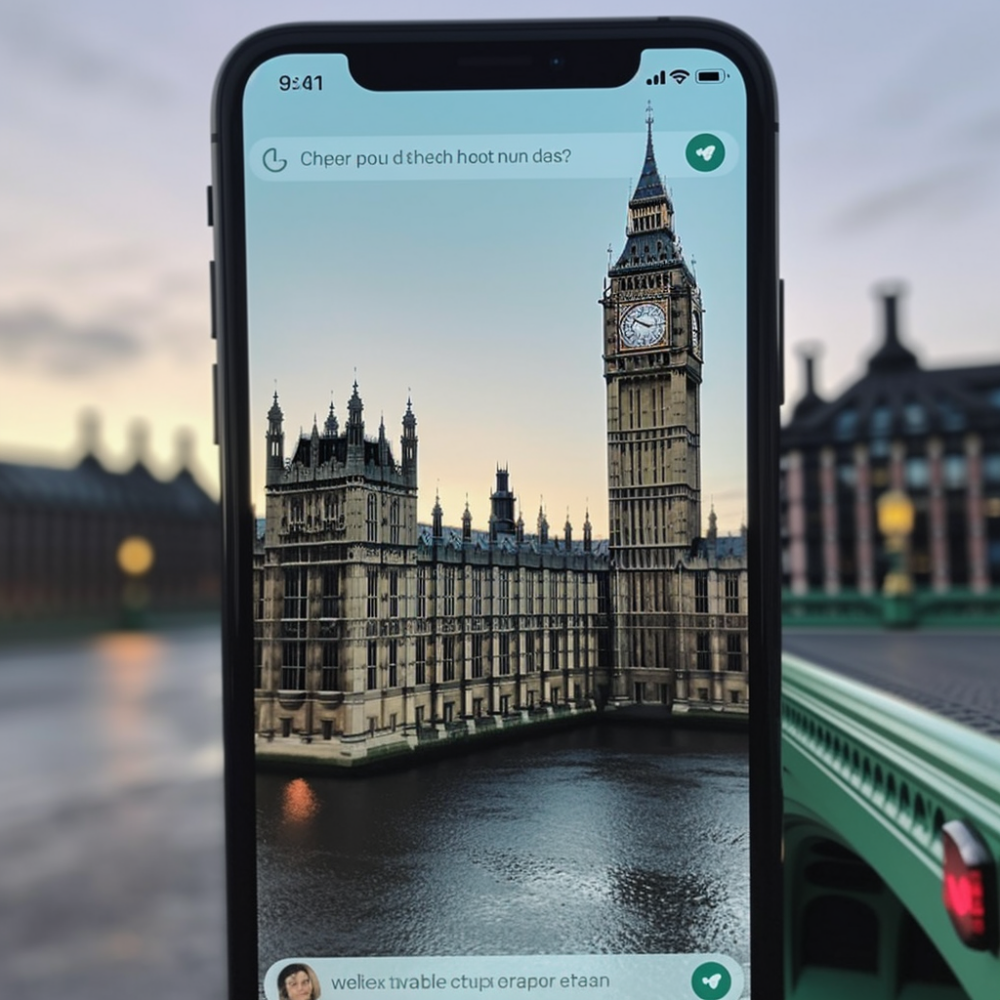Government by WhatsApp

Imagine that your bank has made an error and erased all records of your assets. Your life is—at least temporarily—devastated. You complain, trying to unravel exactly what’s happened. However, you hit a brick wall when the bank’s senior leaders reveal that they’re not entirely sure what transpired because the issue was discussed via WhatsApp with ‘disappearing messages’ turned on. No permanent records of the conversation were kept.
Imagine that your relative dies in hospital due to a rumoured policy that patients in their condition will not receive treatment. An investigation is launched. It reaches no firm conclusions: the discussions about your relative occurred via WhatsApp, intermingled with messages about children’s piano lessons, and it is deemed in appropriate to disclose those private conversations.
Imagine that you were arrested by the police and detained for 72 hours, without ever truly knowing why. You complain. You are informed that no-one is precisely clear why you were detained: the officers in charge raised concerns with their superiors via WhatsApp, but nobody can recall the specifics, and the phone with the messages on it has broken.
In all of these cases, I imagine you would be outraged. Your outrage would probably be directed at the lack of permanent, contemporaneous records of both the decisions and the processes through which they were made. You’d likely consider the fact that WhatsApp was used to make the decisions as strange and inappropriate, but perhaps a second-order issue.
In the context of the covid inquiry, there is a lot in the press about WhatsApp messages. Their use in Government is frequently defended based on ‘efficiency’. I am concerned that they are only really more efficient because they circumvent processes seen as bureaucratic but which are fundamental to good Government, like contemporaneous record-keeping.
I think the press underplays this issue because they don’t see it: WhatsApp is commonly used within journalism, and for communications between politicians and journalists, so journalists are hindered in being able to take a step back and see the bigger picture of how inappropriate this is.
Take a step even further back and there’s a failure that underlies scores of recent Government scandals, from Partygate, to Richard Sharp, to Matt Hancock’s resignation, to Suella Braverman’s speeding course: the pathological inability of senior politicians to separate their professional roles from their personal lives. I have some sympathy with this, given how all-consuming some senior roles can be, but this ought to lead to particular effort to impose professional boundaries: I see no evidence of this.
The image at the top of this post was generated by Midjourney.
This post was filed under: News and Comment, Politics, Post-a-day 2023.